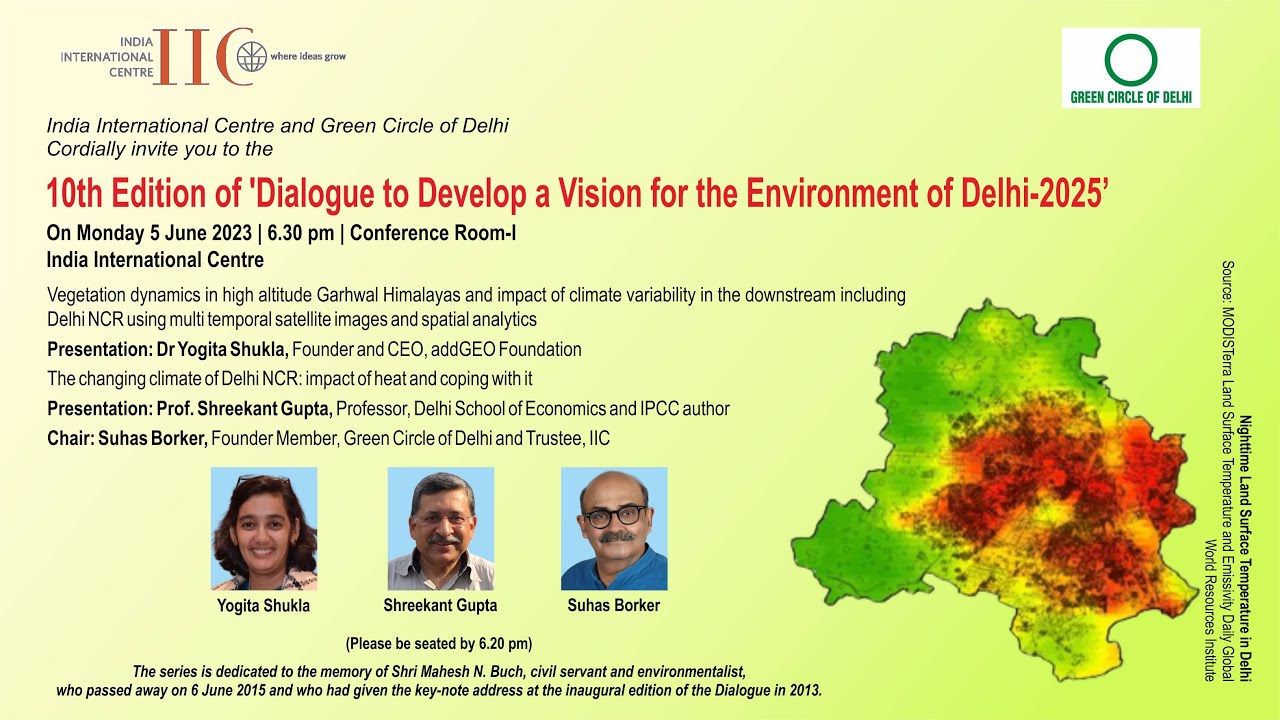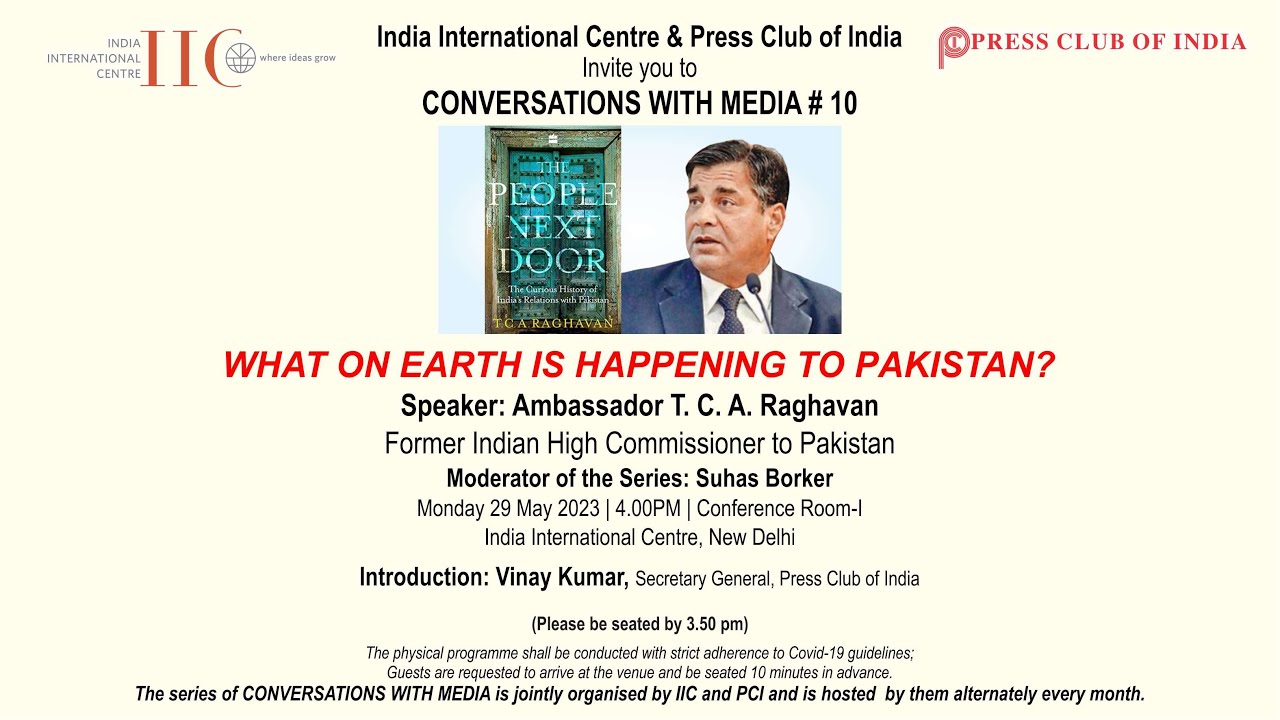Lead presentation by Dr. Rajendra Prasad, FRCS, FRCS (SN), Sr. Consultant Neurosurgeon and Spine Surgeon, Indraprastha Apollo Hospitals, New Delhi; and Hon. Medical Director, Indian Head Injury Foundation
Chief Guest: Shri K.N. Shrivastava, Director IIC
Discussants: Dr. P.V.M. Rao, Professor and Dean, IIT Delhi; Dr. Patanjali Nayar and Mr. Mohd. Ameel, WHO; Dr. Tarun Lala, Head, Neuro Rehab, Max Hospital; and Dr. Ravinder Singh, Indian Council of Medical Research
Chair: Dr. Ashokarajgopal, Chairman, Institute of Orthopedics, Medanta Hospitals
WHO estimates that 20% of the world’s population, which includes the elderly, are in need of Assistive Technologies to help them with their disabilities. This programme will highlight the importance of injury prevention, in particular falls in the elderly, in preventing neuro-disabilities which have serious consequences to the patient and caregivers. The Assistive Technologies which can help overcome many barriers will also be discussed
(Collaboration: KARA Medical Foundation)
Registration Link











